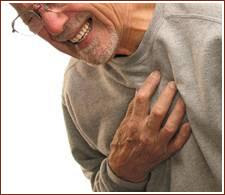
The following simple, four-step, five-second maneuver could help alleviate the ache on an airline when yawning, swallowing, or gum chewing fails, according to a report in the medical journal American Family Physician:
- Take a deep breath and hold it with the mouth closed.
- Press both nostrils closed with the thumb and forefinger.
- Block the opening of the unaffected ear with the forefinger of the other hand.
- Exhale forcefully and briefly as if blowing the nose.
Note: This maeuver should only be used for descents only and shloud not be attempted if you have a sore throat, fever, significant heart problem or circulatory disorder, or other serious health problem.











